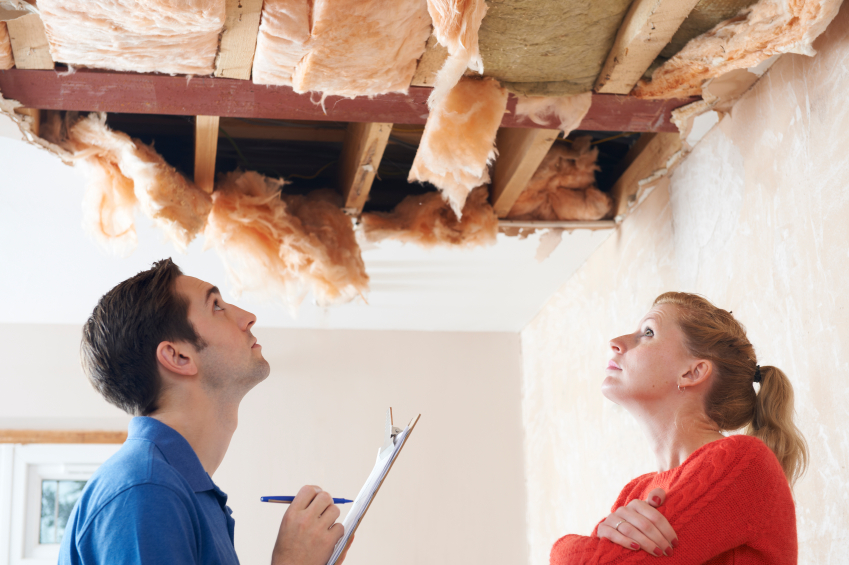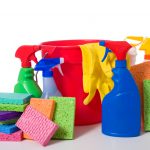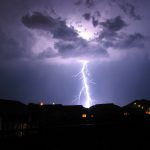In 2011, Consumer Reports National Research Center reported that out of 11,250 people who filed home insurance claims, 10% percent reported a disagreement with their insurer over the claim. When the damage exceeded $25,000, that percentage sky-rocked to 19%.
Insurance companies aren’t out to get you, but they are a business, and thus their goal is to make money. Part of their job is to look for reasons to reduce their outlays. Depending on the type of damage, here are some helpful tips to recovering the entire amount that you claim.
CAR ACCIDENT
If you’re in an accident with another vehicle, call the police so they can make an official report. Take notes if possible, detailing everything that happened leading up to the accident. Put your photography skills to work by taking photos of the damage with your smartphone. Above all else, get the other car’s license plate number and exchange insurance information with the other driver. Be sure to get the other motorist’s name, address, license number, insurer’s name and policy number.
File your insurance claim right away, especially if it’s the other driver’s fault. If you’re at fault and the damage is limited to your car, it’s better not to file a claim if the cost of repairs is roughly the same as your deductible. If you do make the claim, you won’t save any money on the repairs, and you’ll likely end up paying a higher premium for insurance afterward.
When you file a claim, get a claim number, the name and number of the insurance adjuster, and an estimated date by which you will be contacted. See if you can get an estimate of how much the repairs will cost and what your deductible will be, and ask if you need to contact the other driver’s insurance company. Use a reliable automotive repair or body shop to do the work.
HOME DAMAGE
After a fire, tornado, or hail storm, take photos and keep receipts of any money you spend to prevent further harm in the aftermath. Before an adjuster comes by to survey your home, only secure your property from further damage but don’t repair anything or throw anything away. Once you receive the claim papers from your insurance company, check the due dates so you do not risk filing after the deadline. Ask for details about what’s covered and how to get repair estimates. If you have an inventory list of everything you own, send that in along with your photos, purchase receipts, police reports, and any other evidence of the loss. As always, get the name, title, and phone number of each person you speak with.
At some point, the adjuster will visit. Make him/her feel welcome, and insist s/he sees everything. Get a copy of his or her report in case s/he made any mistakes. You should have copies of everything you hand over to the adjuster, and request receipts in return. If you’re told to start repairs, get this in writing. If you receive money upfront for temporary living expenses, don’t sign anything that would relinquish your right to collect further payments.
You may want to consider hiring a public insurance adjuster, especially if the claim will cost the insurance company a lot. According to the statistics, the higher the replacement costs, the less likely it is that the homeowner will receive the entire amount claimed. The company’s insurance adjuster represents the company, but a public adjuster is an advocate for you. They are trained to understand the fine points of an insurance contract and to help you with the entire claims process. They will usually charge a fee of 10% of the money paid to settle the claim, but they can improve your settlement outcome substantially.
DEATH IN THE FAMILY
If you and your family members are the beneficiaries of a will, send the deceased person’s insurance company a claim form for each beneficiary and a copy of the death certificate. When you aren’t sure if your family member had a life insurance policy, you may need to do some detective work. Search his/her files and safety deposit boxes for copies of the policy, or contact the benefits office of the deceased’s former employers or unions. If it’s been several years since your family member passed way, a copy of the policy might be found in your state’s unclaimed property office. The National Association of Unclaimed Property Administrators will run these types of searches for free.
Vehicle, home and life insurance provide protections from financial loss in the event of a calamity, but it can be a challenge to secure the money to which your contract entitles you. Be sure that you understand all the stipulations of the contract and comply with them exactly. Keep accurate records, and be prepared to provide evidence for every claim. The more complete your petition is, the greater the probability is that it will be paid in full and that your property will be restored as closely as possible to its original condition.




